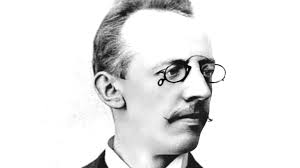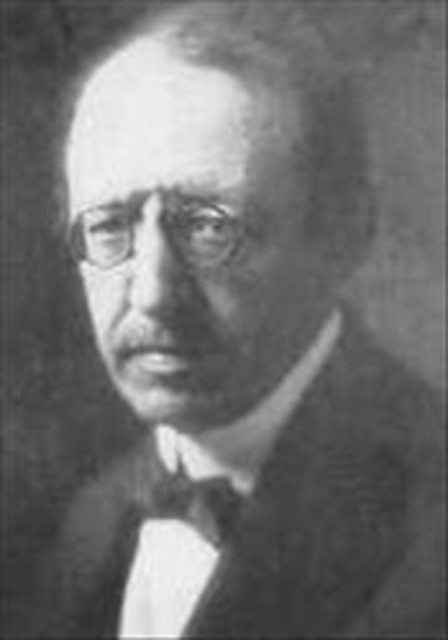Vítězslav Novák stands as one of the most significant figures in Czech music, his compositions embodying the rich tapestry of his homeland’s cultural and musical heritage. Born on December 5, 1870, in Kamenice nad Lipou, Novák’s life unfolded against the backdrop of the late 19th and early 20th centuries, marked by political upheavals, artistic revolutions, and a relentless pursuit of musical innovation.
Novák’s musical journey began at an early age, displaying a remarkable talent for the piano and composition. His early education at the Prague Conservatory laid the foundation for his future endeavors, where he studied under the tutelage of esteemed composers such as Antonín Dvořák and Josef Suk. Under their guidance, Novák honed his skills and developed a deep appreciation for the folk music traditions of his homeland, which would later influence his compositional style.
In the late 1890s, Novák embarked on a journey of self-discovery, traveling to Paris, where he immersed himself in the vibrant cultural scene of the time. Inspired by the innovative spirit of French impressionism and the works of composers like Claude Debussy and Maurice Ravel, Novák began to experiment with new harmonic and textural techniques, expanding his artistic horizons.
Upon his return to Prague, Novák emerged as a leading figure in the Czech musical renaissance, alongside contemporaries such as Leoš Janáček and Bedřich Smetana. His compositions drew inspiration from a diverse array of sources, from the rugged landscapes of Bohemia to the mystical folklore of Slavic mythology. Works such as “Eternal Longing,” “In the Tatra Mountains,” and “Slovak Suite” captured the essence of the Czech soul, blending elements of national identity with innovative musical language.
Throughout his career, Novák remained dedicated to his artistic vision, eschewing the conventions of his time in favor of bold experimentation and creative exploration. His symphonic poems, chamber music, and operas earned him widespread acclaim, earning him a place among the pantheon of great Czech composers.
Despite facing personal and professional challenges, including the outbreak of World War I and the tumultuous political landscape of interwar Czechoslovakia, Novák remained steadfast in his commitment to music. As a professor at the Prague Conservatory, he shared his knowledge and passion with future generations of musicians, leaving an indelible mark on the Czech musical tradition.
Vítězslav Novák’s legacy endures to this day, his music continuing to captivate audiences with its emotional depth, lyrical beauty, and profound sense of national identity. Through his timeless compositions, Novák forged a musical language that speaks to the heart of the Czech experience, ensuring his place in the annals of music history for generations to come.


Comments are closed